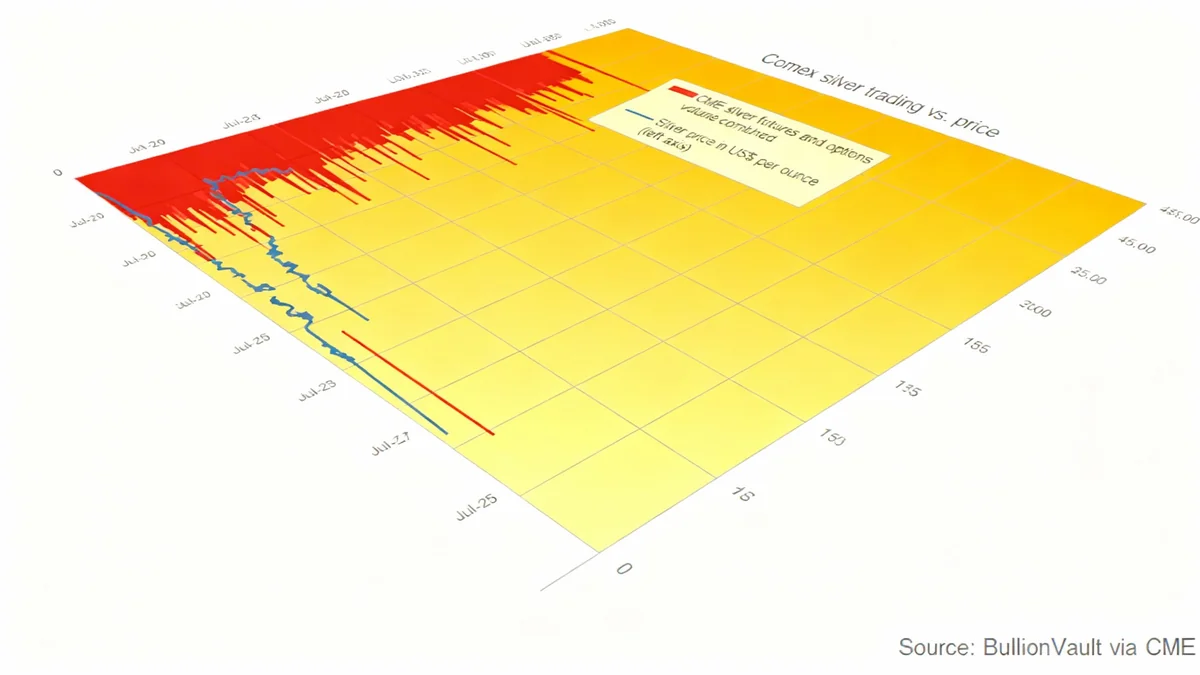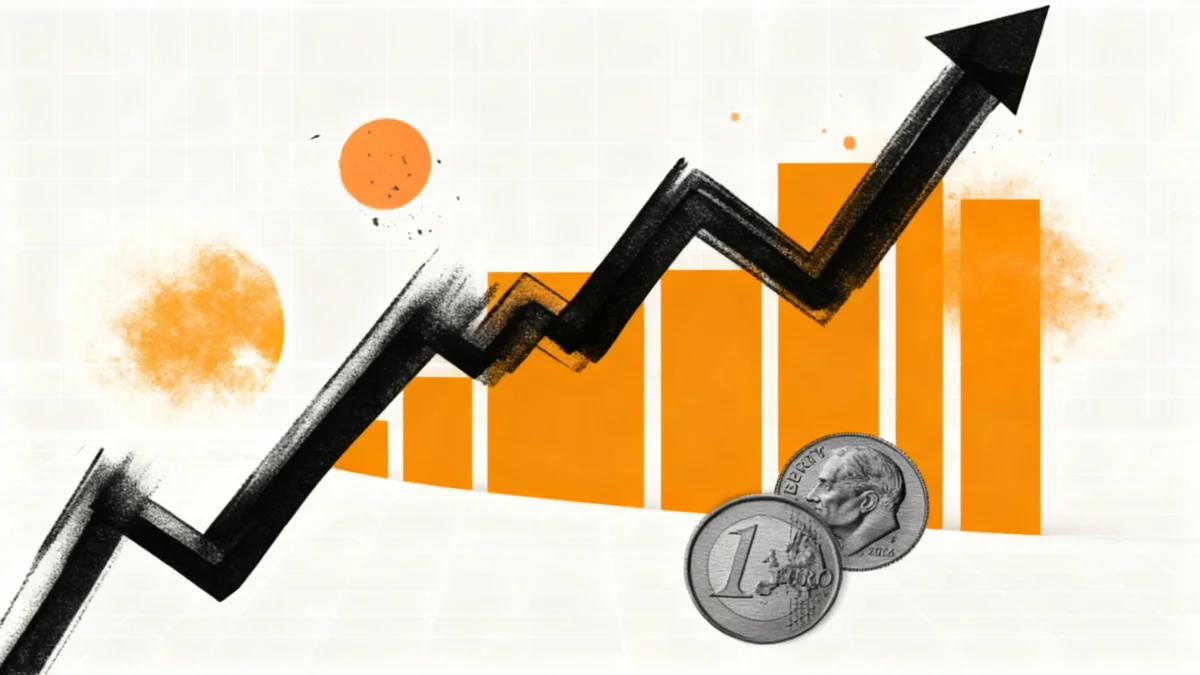Market commentator Jim Cramer has voiced strong support for Alphabet Inc. (GOOGL), calling the tech giant's stock "great." This positive assessment comes after he previously expressed caution and sold his holdings following a court ruling that labeled the company a monopolist in its search business.
Key Takeaways
- Jim Cramer has reversed his earlier bearish stance on Alphabet, now endorsing the stock as a strong investment.
- His previous decision to sell was directly influenced by a court ruling that found the company engaged in monopolistic practices.
- The core of the legal challenge involves Alphabet's payments to companies like Apple to maintain Google Search as the default option on devices.
- Despite Cramer's optimism, Alphabet continues to navigate significant legal and regulatory scrutiny over its market dominance.
Cramer's Renewed Confidence in Alphabet
In recent remarks, Jim Cramer highlighted the strength of Alphabet's core Search business, which remains a dominant force in the digital advertising market. His endorsement signals a significant shift in perspective on the company's investment potential, even as it faces ongoing legal challenges.
Cramer's comments focused on the fundamental value of the company, suggesting that its market position is resilient enough to withstand regulatory pressures. This view marks a departure from his actions earlier this year when he divested from the stock.
A Reversal from Previous Caution
Cramer explained his initial decision to sell the stock was a direct reaction to a judicial ruling. The decision from the U.S. Department of Justice's antitrust case had labeled the company a monopolist, a development that created significant uncertainty for investors.
"The Justice Department... the judge ruled against, called a monopolist. I sold it because I felt like, hey, the judge, the judiciary," Cramer recalled, explaining his rationale for exiting the position at the time.
The Legal Shadow Over Search Dominance
The legal issues facing Alphabet center on its long-standing agreements with other technology firms. A key point of contention for regulators is the substantial amount of money Alphabet pays to companies like Apple to ensure Google is the default search engine on smartphones and other devices.
Critics argue these payments stifle competition by making it difficult for rival search engines to gain traction. The court's finding that this practice constitutes monopolistic behavior has been a major overhang for the stock, creating volatility and concern among investors about potential remedies or fines.
Alphabet's stock, trading under the ticker GOOGL, saw a recent gain of 2.70%, reflecting some investor optimism despite the complex legal environment.
Navigating the AI Landscape
While Cramer's endorsement provides a bullish signal for Alphabet, the company's future is also tied to the rapidly evolving artificial intelligence sector. Alphabet is a major player in AI research and development through its Google AI and DeepMind divisions, but it faces intense competition.
Some market analysts believe that while Alphabet is a formidable force, other, more specialized AI companies could offer higher returns. This perspective suggests that investors are carefully weighing the established dominance of giants like Alphabet against the disruptive potential of newer entrants focused solely on AI innovation.
- Established Power: Alphabet's vast data resources and existing infrastructure give it a significant advantage in developing and deploying AI models.
- Competitive Pressure: Startups and established rivals are moving quickly, creating a highly competitive environment for talent and market share.
- Investor Dilemma: The choice for many investors is between a diversified tech giant like Alphabet with deep AI capabilities and more concentrated bets on pure-play AI firms that may carry higher risk but also offer the potential for greater rewards.
Cramer's renewed faith in Alphabet suggests he believes the company's core strengths and ability to navigate legal headwinds make it a compelling investment. However, the broader market continues to watch how the intersection of antitrust regulation and AI competition will shape the tech giant's future.





